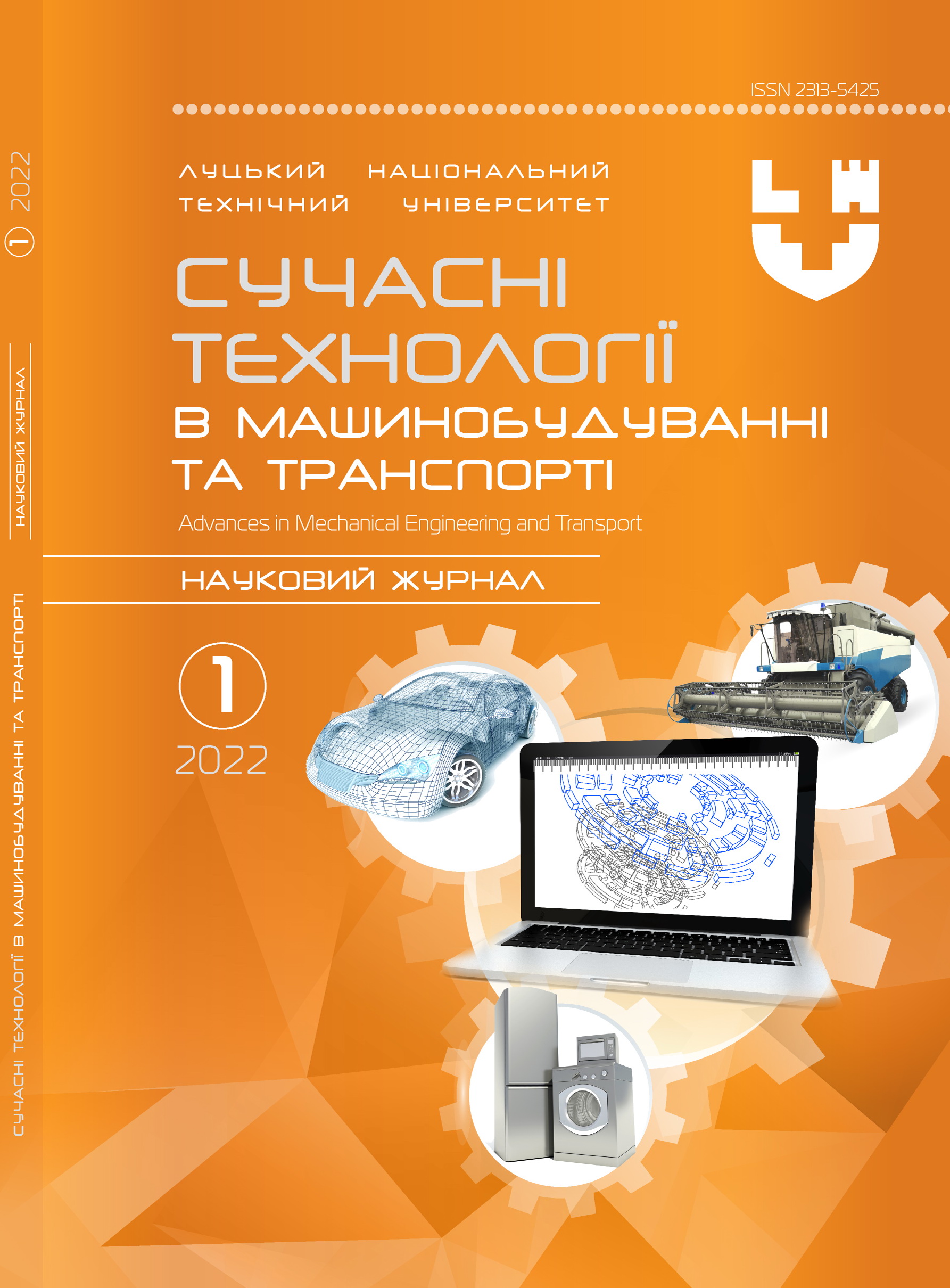Formation of the Method of ensuring the Rating of indicators and management of the Fuel economy of the Vehicle in variable operating conditions
Abstract
The article considers the modern approach to the formation of the method of ensuring the rationing of indicators and control of fuel economy of the vehicle in variable operating conditions. The study was conducted on the basis of a systems approach. The system approach to theoretical research was based on the following methods and provisions from car theory, car engine theory, methods of theoretical research of car dynamics, calculation of standard fuel consumption, methods of morphological analysis, set theory, mathematical statistics, information theory and more. Experimental research, according to the system approach, was performed using methods of experimental planning and statistical processing of the results, based on the theory of errors and uncertainties of measurements, road tests of vehicles in operation.
The aim of the work is to develop a modern method and means of its implementation, which allows remote rationing of indicators and control of fuel economy of the vehicle in variable operating conditions.
The general approach to formation of a method of maintenance of standardization of indicators and fuel economy of the vehicle of a category in variable conditions of operation by means of operative control on the basis of intelligent transport systems is offered. The main components of the developed method are considered, including morphological analysis, creation of structural and logical scheme of system solution of problems of standardization of indicators and management of fuel economy of vehicles and development of direct method of research and standardization of indicators and fuel efficiency of vehicles in variable operating conditions. intelligent transport systems. The implementation of the proposed method is shown on the example of vehicles of category N3.
In the end, it was concluded that the general approach to the formation of the method of standardization of performance and fuel economy of the vehicle category in variable operating conditions is well implemented by means of operational control based on intelligent transport systems.
Keywords: vehicle, rationing, indicator, fuel consumption, speed, operating conditions, monitoring




